Optimal Timing for Water Treatments
Water treatments are essential for maintaining water quality and ensuring the safety of water supplies. The timing of treatments can influence their effectiveness, with seasonal and environmental factors playing a significant role. Proper scheduling helps optimize water quality, reduce contamination risks, and extend the lifespan of treatment systems.
Spring is ideal for initiating water treatments to address increased runoff and sediment. It prepares water systems for summer usage and prevents algae growth.
Summer treatments focus on controlling algae and bacteria. Regular maintenance ensures water remains safe during peak usage.
Fall treatments help prepare water systems for winter by removing debris and preventing freezing damage.
Winter treatments focus on preventing pipe freezing and addressing any ice-related issues in water systems.

Filtration and chemical treatment methods are used to remove contaminants and improve water clarity.
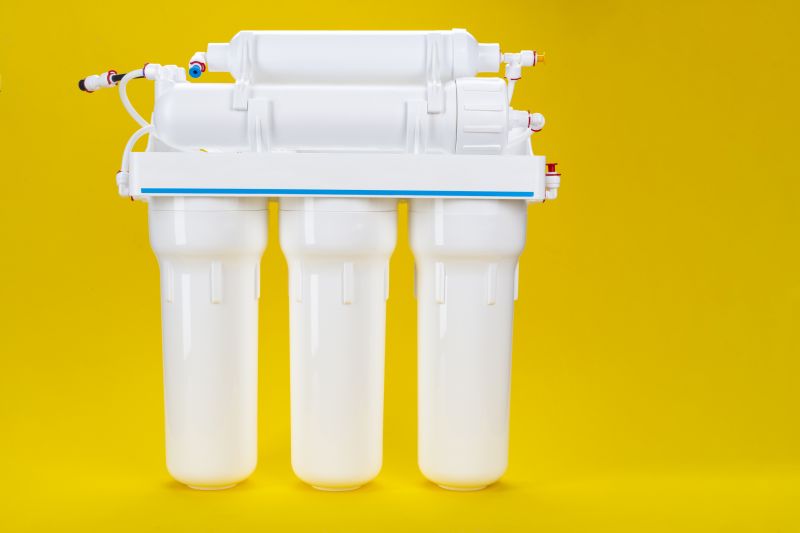
Regular testing ensures water meets safety standards and treatment effectiveness.
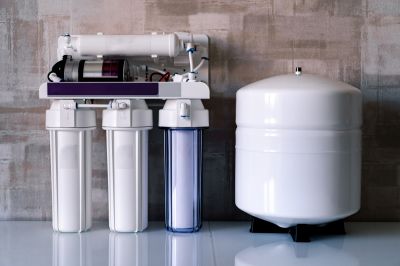
Infrastructure designed for efficient water processing and treatment.
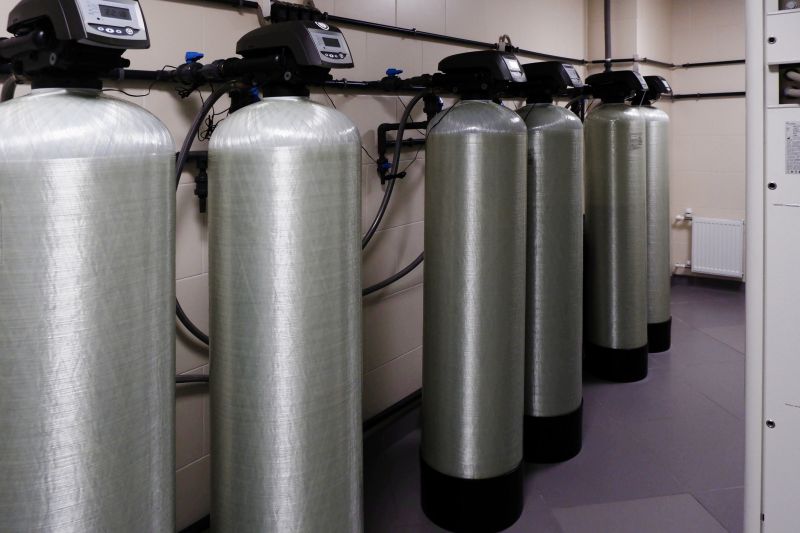
Ways to make Water Treatments work in tight or awkward layouts.
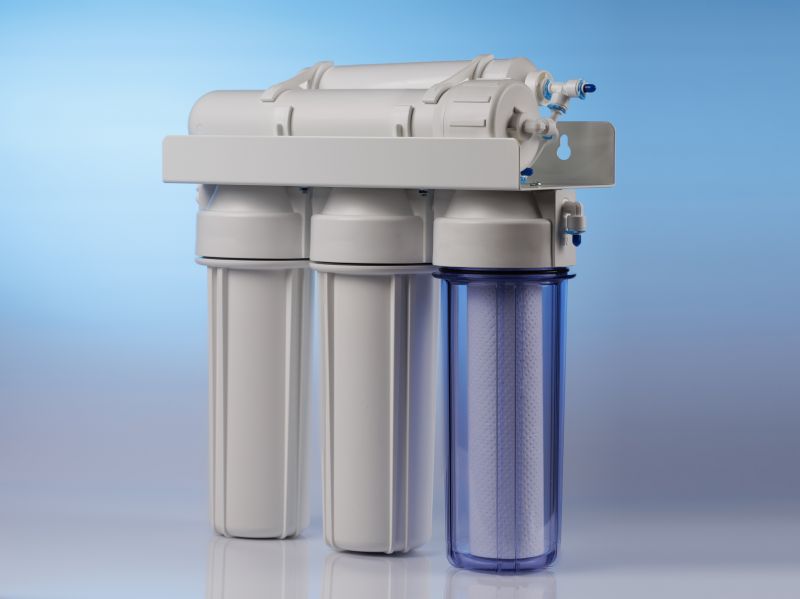
Popular materials for Water Treatments and why they hold up over time.
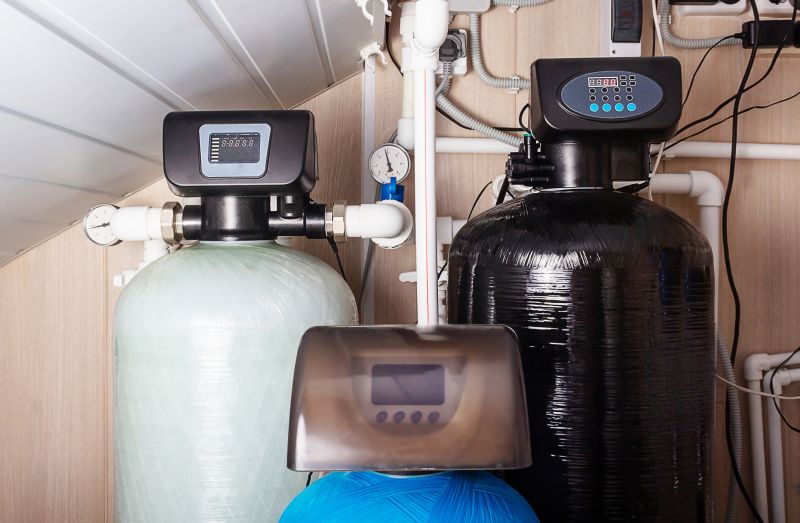
Simple add-ons that improve Water Treatments without blowing the budget.
| Season | Recommended Treatment Focus |
|---|---|
| Spring | Sediment removal and algae control |
| Summer | Bacterial control and disinfection |
| Fall | Debris removal and system preparation |
| Winter | Pipe protection and ice prevention |
| Pre-Season | Water quality testing and system readiness |
Water treatments involve various processes such as filtration, chemical disinfection, and biological treatments to ensure water safety and quality. These procedures are vital for removing harmful contaminants, controlling microbial growth, and maintaining system efficiency. Studies indicate that proper timing of water treatments can significantly reduce health risks and improve water clarity, especially during seasonal changes when water quality can fluctuate.
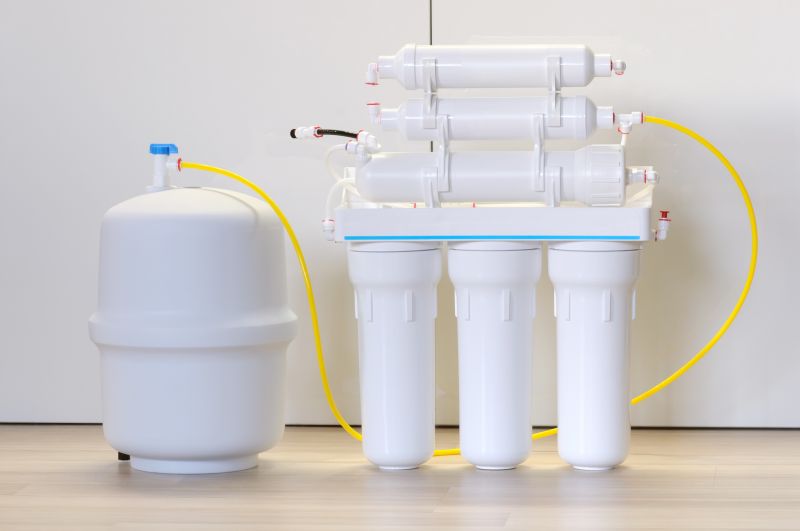
Precise chemical dosing ensures effective disinfection and contaminant removal.
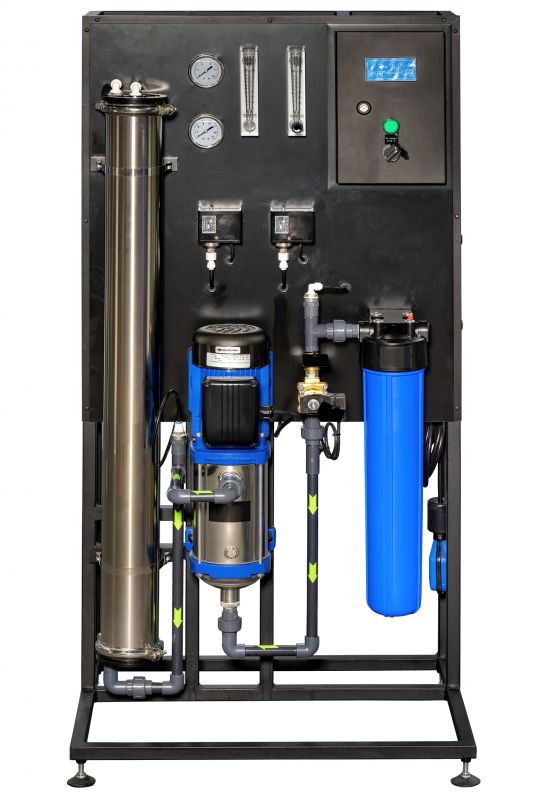
Routine testing detects pollutants and verifies treatment efficacy.
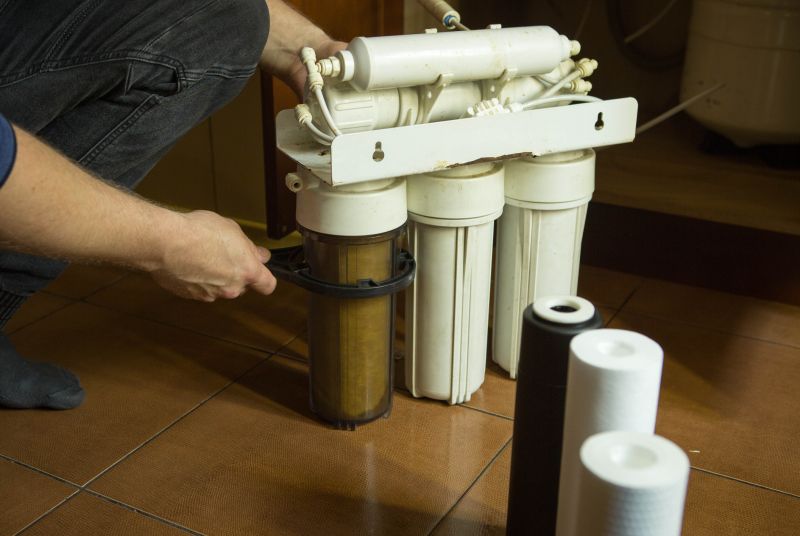
Advanced filtration removes particulates and improves water clarity.
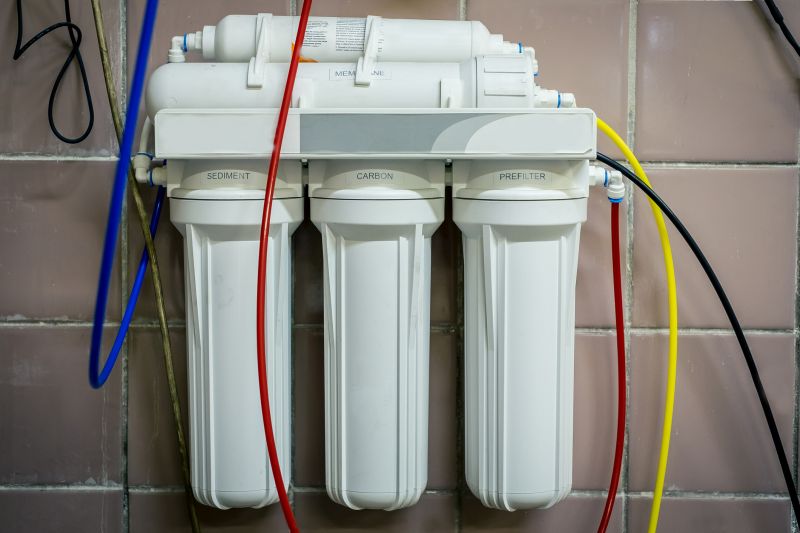
Modern facilities support efficient water processing.
Scheduling water treatments at optimal times ensures maximum effectiveness and system longevity. Regular assessments and adherence to seasonal schedules can help prevent contamination and maintain high water quality standards, which are crucial for both health and infrastructure durability.
Interested in learning more about scheduling water treatments or planning a treatment cycle? Filling out the contact form provides an opportunity to discuss options tailored to specific water systems and needs.

